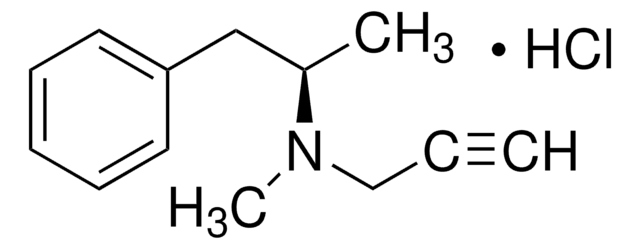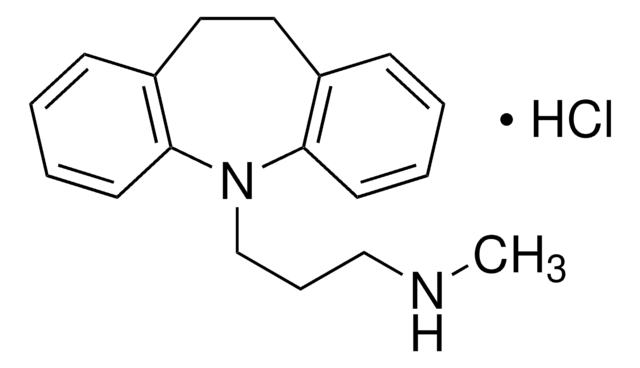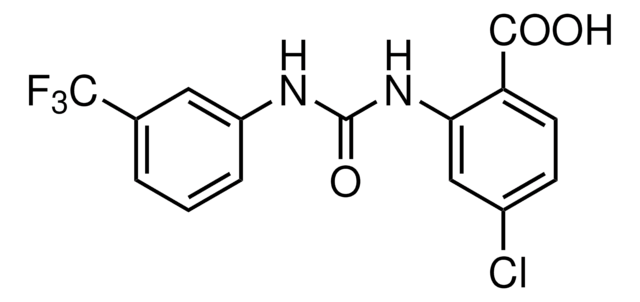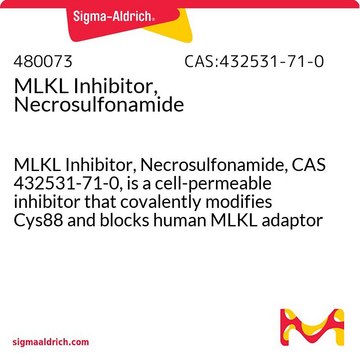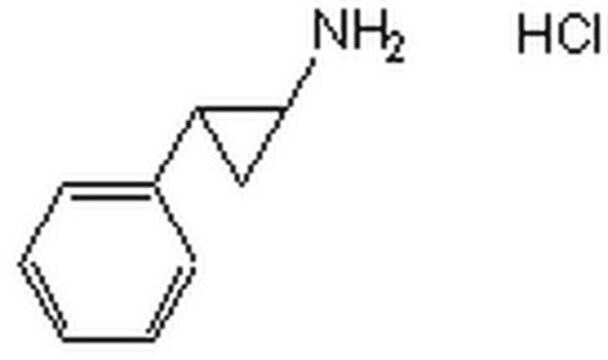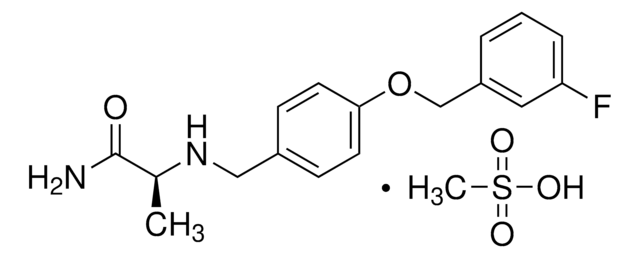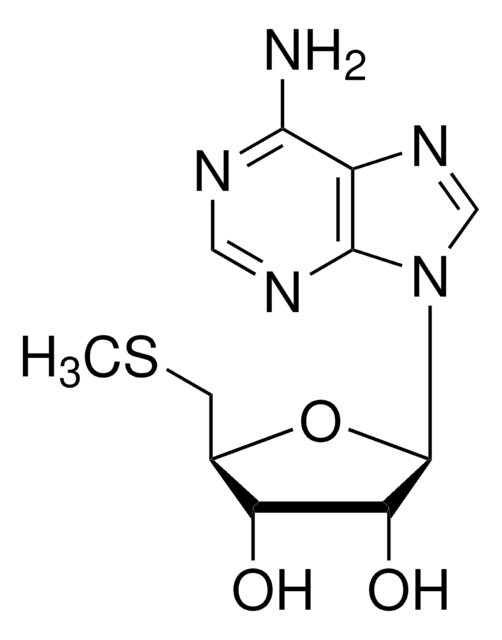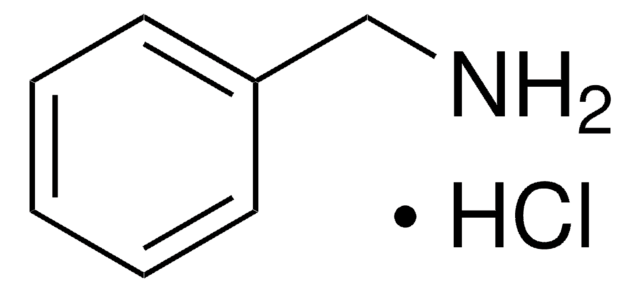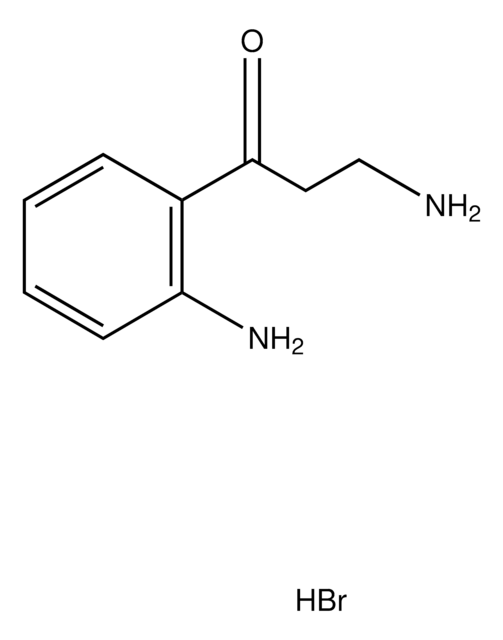P8013
Pargyline hydrochloride
Synonym(s):
N-Methyl-N-(2-propynyl)benzylamine hydrochloride, N-Methyl-N-propargylbenzylamine hydrochloride
About This Item
Recommended Products
biological source
synthetic
Quality Level
Assay
98% (TLC)
form
powder or crystals
mp
160-163 °C (lit.)
solubility
water: 50 mg/mL, clear, colorless to faintly yellow
storage temp.
−20°C
SMILES string
Cl[H].CN(CC#C)Cc1ccccc1
InChI
1S/C11H13N.ClH/c1-3-9-12(2)10-11-7-5-4-6-8-11;/h1,4-8H,9-10H2,2H3;1H
InChI key
BCXCABRDBBWWGY-UHFFFAOYSA-N
Gene Information
human ... MAOA(4128) , MAOB(4129)
Looking for similar products? Visit Product Comparison Guide
Application
- as a histone demethylase inhibitor to treat monocytes to investigate whether various inhibitors affect training
- to maximize uptake into dopaminergic neurons (DA) neurons in experimental rats,
- to study its effect on discolouration of medullary tissues of sclerotia of S. sclerotiorum
Biochem/physiol Actions
Signal Word
Danger
Hazard Statements
Precautionary Statements
Hazard Classifications
Acute Tox. 3 Oral
Storage Class Code
6.1C - Combustible acute toxic Cat.3 / toxic compounds or compounds which causing chronic effects
WGK
WGK 3
Flash Point(F)
Not applicable
Flash Point(C)
Not applicable
Personal Protective Equipment
Choose from one of the most recent versions:
Already Own This Product?
Find documentation for the products that you have recently purchased in the Document Library.
Customers Also Viewed
Articles
Epigenetic modifications are thought to occur through two key interconnected processes—DNA methylation and the covalent modification of histones.
Our team of scientists has experience in all areas of research including Life Science, Material Science, Chemical Synthesis, Chromatography, Analytical and many others.
Contact Technical Service

